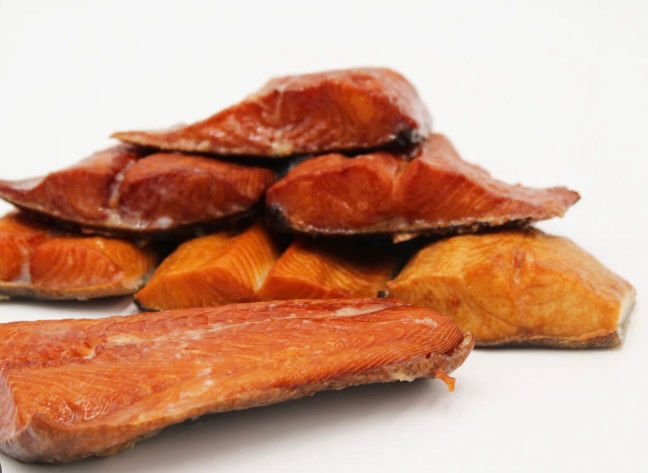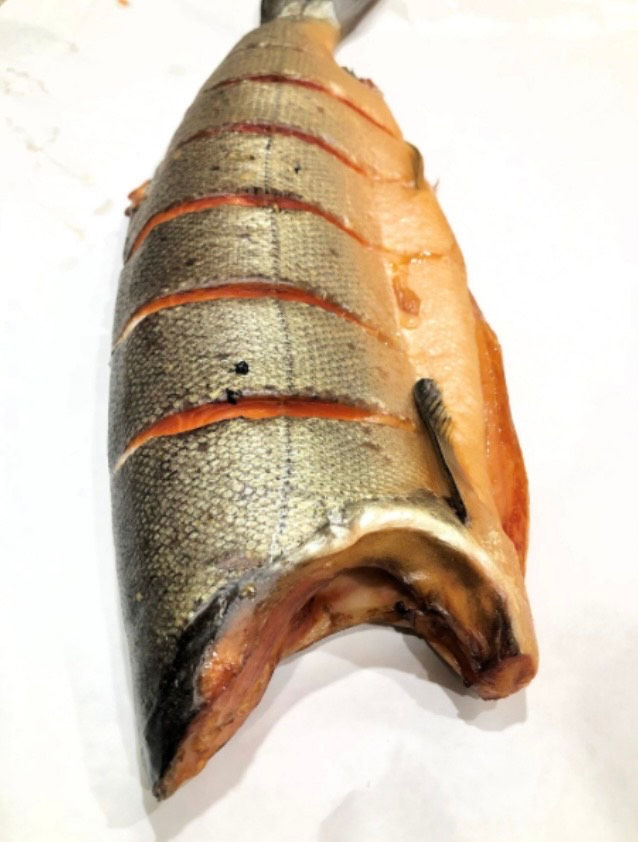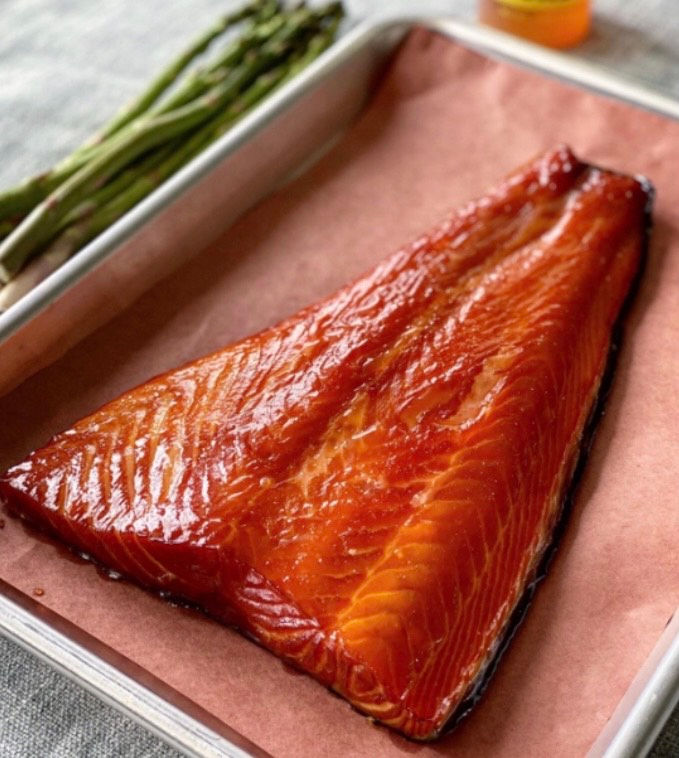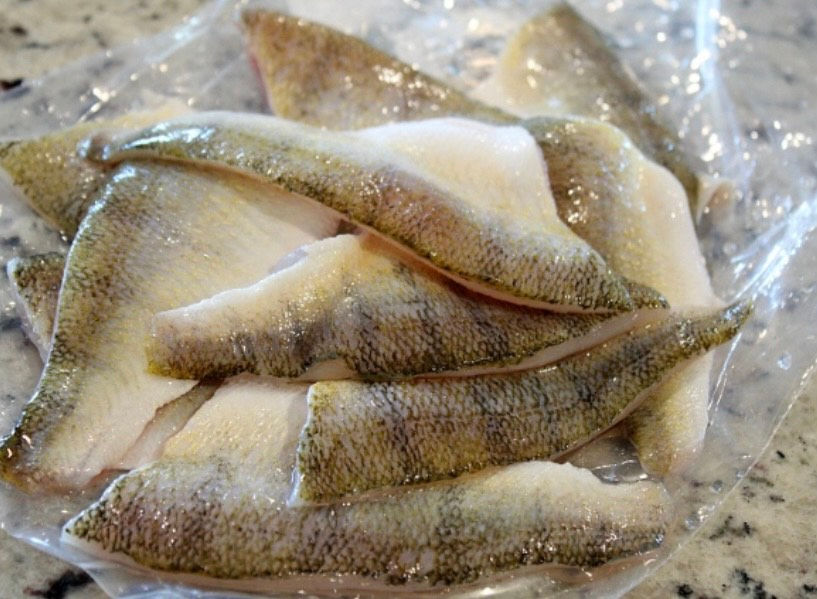Discover the exquisite flavor of Wild Raspberry Leaf Tea, an enchanting blend that embodies the timeless taste and natural essence celebrated by Organic Inspiration's. Handpicked and crafted to perfection, each sip delivers a soothing delight, aligning seamlessly with our commitment to naturally organic produce. With every brew, savor the delightful, earthy notes while embracing the inherent wellness properties of raspberry leaves. Experience the difference of a product crafted with care, rooted in the belief that timeless taste should always be naturally organic.
Think Global BUY Local
-BE THE CHANGE-
Wild Raspberry Leaf Tea
In this study, we have devoted particular attention to species of the genus Rubus because of their biological and antioxidant activity, biologically active compounds, and polyphenol content. Preparations 1 and 2 were shown to contain biologically active compounds (Table 1, Figures S1–S3) and to have antioxidant and antimicrobial activities against strains isolated from the environment as well as against reference bacteria (Table 2, Table 3, Table 4 and Table 5, Tables S1–S3, Figure 3 and Figure 4).In addition, the quantitative method for determining the bactericidal and fungicidal activity of chemical disinfectants and antiseptics (PN-EN 13697:2019) clearly demonstrated that the resulting preparations with reduced ethanol content exhibit bactericidal and fungicidal activity on surfaces. Moreover, testing of hand disinfection according to EN 1500:2013 using preparations obtained from the leaves of R. idaeus L. and R. fruticosus L. confirmed their antimicrobial activity against Escherichia coli K12 NCTC 10538. Additionally, the Office for Registration of Medicinal Products, Medical Devices, and Biocidal Products (Warsaw, Poland) has issued permits for the use of natural biocidal products (P1 and P2).The highest antibacterial activity (growth inhibition zone 21.7 mm in the case of P1 and growth inhibition zone 19.7 mm in the case of P2) was demonstrated against the Streptococcus intermedius reference strain (Table 6). Trichothecium roseum was sensitive to the raspberry preparation, in contrast to all antibiotics tested, which showed no activity against the isolated Trichothecium roseum strain (Figure 3). Moreover, the raspberry preparation had higher activity than Doxycycline against the Klebsiella pneumoniae strain and showed a statistically significant larger zone of growth inhibition (8.3 mm) than the tested antibiotic (5.7 mm); see Table 6.Lipophilicity studies have shown that the studied preparations obtained from the leaves of R. idaeus L. and R. fruticosus L. are highly hydrophilic. According to the results, high polyphenolic content and other biologically active compounds can be considered one of the responsible parameters for effective the biological activity of plant preparations obtained from wild plant species of the genus Rubus. Natural preparations can act as disinfectants used in the food sector, industrial and domestic settings, and public facilities. In addition, their high antioxidant potential could allow for its application as good natural sources for use in the cosmetic and pharmaceutical industries.
In addition to their effect on cell redox status, the substances contained in raspberries can also modulate the course of the local inflammatory reaction. Referring to recent research, using raspberry extract on non-alcoholic fatty liver disease (NAFLD) in rat hepatic cells significantly reduced the concentration of the Nf-κB transcription factor [24,120]. This may suggest that raspberry extract, by reducing the concentration of Nf-κB, may lead to a decreased production of proinflammatory cytokines and COX-2, which can undoubtedly ameliorate the inflammatory response. We believe that this phenomenon can be explained by the inactivation of molecules that regulate the activity of Nf-κB. NF-kB is a family of factors which, in its inactive form, forms a complex with the NF-kB inhibitor proteins IκBα, IκBβ, and IκBε. These three inhibitor isoforms can bind and inactivate NF-κB subunits [120,121]. Inhibitors are regulated by IκB kinase (IKK). IKK can phosphorylate IκBα, which leads to its degradation, allowing Nf-κB to translocate to the nucleus [103]. According to studies, anthocyanins (contained in raspberry extract) can directly reduce the phosphorylation of IκBα and IKK, leading to the inhibition of the activity of Nf-κB [122]. Subsequently, this leads to a decrease in the synthesis of NO, COX-2, and proinflammatory cytokines.
Additionally, anthocyanins and flavonoids may directly enhance anti-inflammatory properties, leading to the suppression of the inflammatory response. Studies have shown that the use of raspberry extracts or raspberry seed oil (which is rich in phenolic compounds) may cause a significant decrease in the macrophage-mediated inflammatory reaction by directly reducing the expression and activity of PGE2 and COX-2 [21,122,123,124]. Additionally, raspberry extracts are associated with a marked diminution in the mRNA levels of iNOS and the concentration of nitric oxide [122,124]. Finally, flavonoids and phenolic acids can significantly reduce the expression and concentration of the proinflammatory cytokines-IL-1 and IL-6 [122,125,126,127,128].
Considering all of the above, we believe that the bioactive, antioxidant substances contained in raspberries (e.g., anthocyanins and flavonoids) significantly contribute to inhibiting the inflammatory response and reducing reactive oxygen species concentrations (Figure 2). Bearing in mind the extremely active participation of the local inflammatory reaction and oxidative stress in the cervical ripening pathways, we believe that the consumption of raspberries may significantly inhibit the biochemical pathways that occur during cervical remodeling. However, we also think that this topic requires additional research, to clearly determine the effect of raspberry extracts on the cervical tissue.
Kucharski Ł, Cybulska K, Kucharska E, Nowak A, Pełech R, Klimowicz A. Biologically Active Preparations from the Leaves of Wild Plant Species of the Genus Rubus. Molecules. 2022 Aug 26;27(17):5486. doi: 10.3390/molecules27175486. PMID: 36080251; PMCID: PMC9457741.
Socha MW, Flis W, Wartęga M, Szambelan M, Pietrus M, Kazdepka-Ziemińska A. Raspberry Leaves and Extracts-Molecular Mechanism of Action and Its Effectiveness on Human Cervical Ripening and the Induction of Labor. Nutrients. 2023 Jul 19;15(14):3206. doi: 10.3390/nu15143206. PMID: 37513625; PMCID: PMC10383074.











